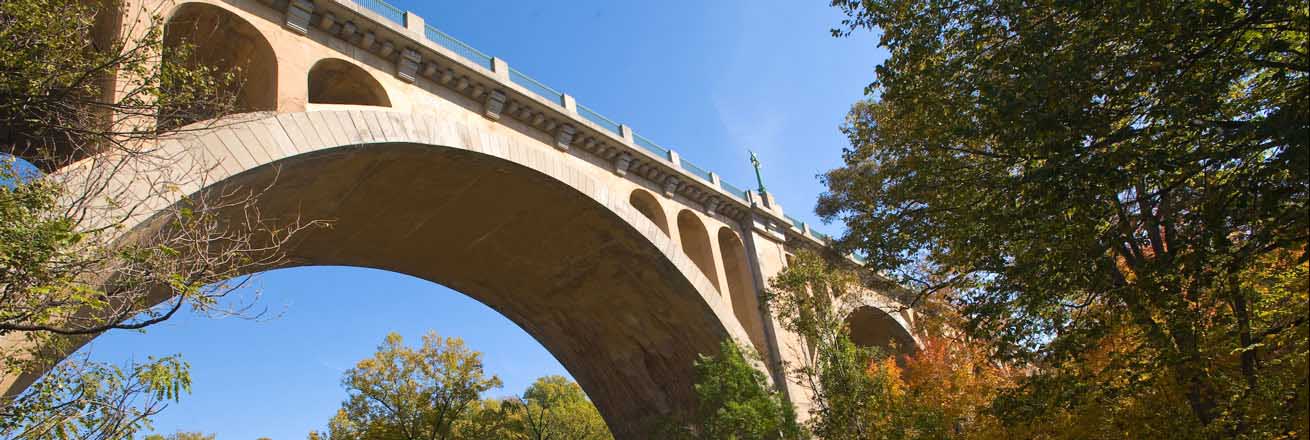Contact Us
To receive emergency alerts from American University, text AUALERTS to 226787. For more information, visit the AU Alerts page.
About the Program
It is the mission of American University to respond to an emergency in a safe, effective, and timely manner. University personnel and equipment will be utilized to accomplish the following:
- Protect lives and reduce chances of injury or death;
- Protect university assets and minimize loss of data;
- Maintain public image and reputation;
- Minimize the critical decisions to be made in a time of crisis; and
- Restore general campus operations
To accomplish this, we rely on the support of community members to follow appropriate safety procedures in emergency situations. We have provided each academic, office space, and collaborative work area on-campus with emergency information to assist community members when responding to an emergency.
Community members wishing for additional information can review online Emergency Procedures Guide here.
Fire Safety and Responsibilities
Fire safety and prevention is a responsibility shared by all members of the American University community. Prevention is the key to making the campus a safer place to live, study and work. Specific guidance on fire safety and prevention is contained in the Campus Fire Safety and Responsibilities document.
Active Shooter Preparedness Run, Hide, Fight
An active shooter is an individual actively engaged in harming or attempting to harm people in a confined and populated area. The video to the right are the basics of the âRun, Hide, Fightâ program created by the Department of Homeland Security to provide community members with the actions to follow in an active shooter situation.
For additional information, visit the Personal Preparedness page here.



